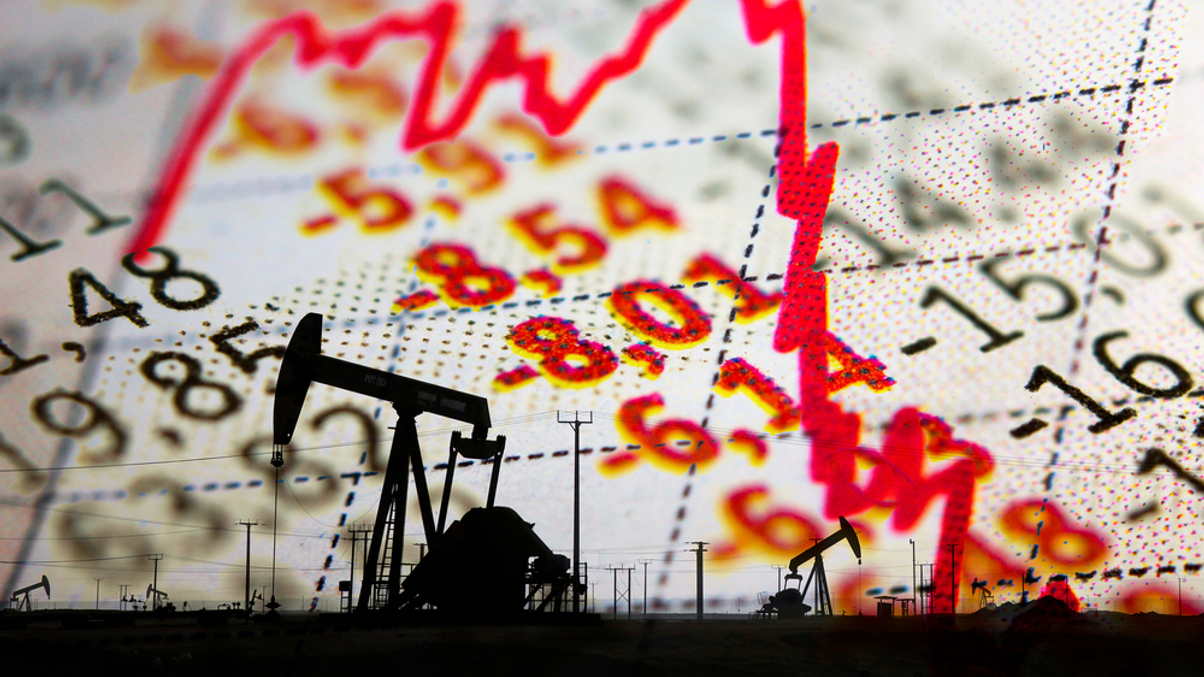Market Views: Israel-Gaza conflict's impact on oil prices
The conflict between Israel and Gaza has led to turbulence in oil prices. AsianInvestor asks what this event means broadly for commodity markets, investment allocations and monetary policy.

As the Israel-Gaza conflict erupted over the weekend, oil prices surged 4% earlier this week.
Sign in to read on!
Registered users get 2 free articles in 30 days.
Subscribers have full unlimited access to AsianInvestor
Not signed up? New users get 2 free articles per month, plus a 7-day unlimited free trial.
¬ Haymarket Media Limited. All rights reserved.


